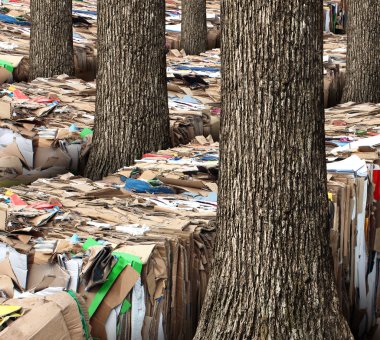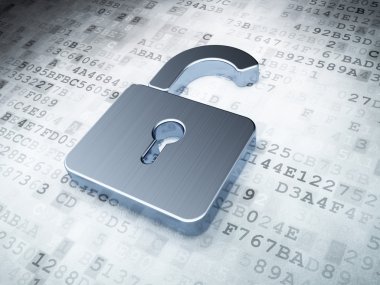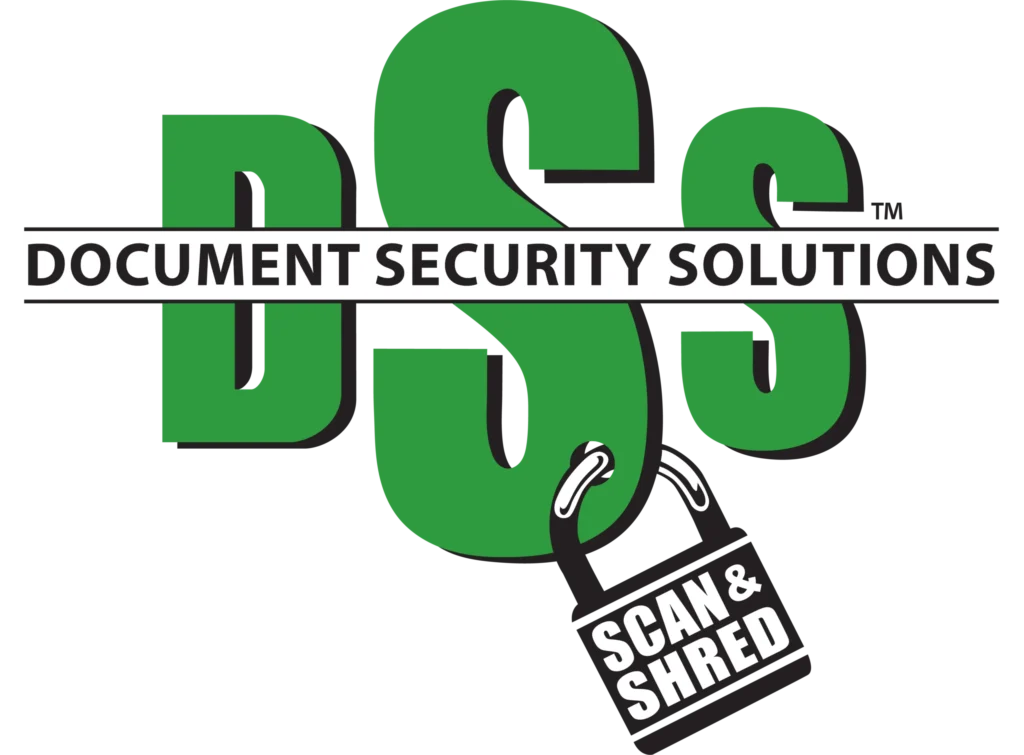You’re tossing out old bills, discarding junk mail, and decluttering files. But wait! Are you disposing of your documents securely? In this age of identity theft, it’s crucial that you adopt the best practices for paper shredding at home. We’ll guide you through selecting the right shredder, proper shredding techniques, and eco-friendly disposal methods. Let’s ensure your personal information stays private!
Understanding the Importance of Secure Document Disposal
You’ve got to understand how important secure document disposal is for protecting your personal information at home. It’s not just about decluttering your space; it’s about safeguarding your privacy and ensuring document authenticity.
Here, let’s talk about some common disposal dilemmas. You might look at a stack of old bank statements or medical records and wonder if they’re necessary to keep. While these documents may seem irrelevant now, they contain sensitive data that could be exploited if fallen into the wrong hands. So, don’t simply toss them in the trash bin!
Now you’re probably thinking, “Well, I’ll just rip them up then.” But hold on a second! Your average manual tearing leaves readable pieces which can be pieced together by a determined identity thief.
What’s the solution? Professional-grade shredders designed for home use are readily available and come in various security levels depending on how finely they shred documents. By using such devices, you can effectively obliterate sensitive paperwork beyond recognition and ensure that their contents stay confidential.
The Basics of Paper Shredding at Home
Understanding the fundamentals of destroying documents in your own abode is essential for maintaining privacy. It’s not just about shredding any paper that comes your way. You need to understand document categorization and determine the shredding frequency.
* Document Categorization
* Sensitive Documents: These include bank statements, medical records, and anything with personal information. They must be shredded immediately after use.
* General Documents: Receipts, utility bills or other non-sensitive documents can be shredded on a weekly or monthly basis based on volume.
* Non-important Documents: Flyers, junk mail or any unrelated papers don’t require immediate attention but should eventually be disposed of properly.
Shredding frequency depends greatly on the type of document. Sensitive ones require immediate action to prevent identity theft or fraud while others can follow a regular schedule. Don’t let this task overwhelm you; it’s all about being organized and understanding the importance of each piece of paper.
Remember: security starts at home. Your diligence in managing document disposal safeguards not only your personal details but also contributes significantly towards environmental conservation by reducing waste. Master these basics to ensure secure paper shredding at home.
Choosing the Right Paper Shredder for Home Use
Choosing the perfect device to destroy your sensitive documents is crucial for maintaining a high level of privacy. You’ll want to consider factors such as shredder maintenance and noise reduction when deciding on the right paper shredder for home use.
When it comes to shredder maintenance, you’re looking at aspects like how often you need to oil the shredder, clean out the waste bin, or replace parts. Noise reduction is another important consideration, especially if you’re planning on using your shredder in a shared space.
Here’s a simple breakdown of some considerations:
| Factor | Why It Matters |
| Shredder Maintenance | Regular maintenance ensures longevity; neglect can lead to costly repairs or replacements. |
| Noise Reduction | A quieter operation prevents disruptions in shared spaces and maintains a peaceful environment. |
| Shred Capacity | Your volume of documents influences what capacity you need; don’t overwork your machine! |
| Security Level | Different levels offer varying degrees of shred size; higher levels provide more security but may require more maintenance. |
| Price Range | Balancing budget with needs ensures an affordable yet effective solution. |
Now that you’ve got these key points in mind, you’re ready to make an informed decision about which paper shredder fits your home’s needs best.
Step-by-Step Guide to Proper Document Shredding
Navigating the process of proper document shredding can be complex, but you’re not alone. In this discussion, we’ll guide you through selecting which documents to shred, picking out the best shredding equipment for your needs, and exploring various disposal options post-shredding. With these considerations in mind, you’ll soon be handling your document disposal with confidence and professionalism.
Selecting Documents for Shredding
You’ll need to be discerning when it comes to identifying which paper documents require shredding at home. Your document categorization skills will play a vital role in this process, ensuring secure disposal of sensitive information.
Here are some categories you should consider:
* Personal Identification Information
* Social security cards
* Driving licenses
* Financial Documents
* Bank statements
* Credit card bills
* Medical Records
Shredding Equipment Choices
When it’s time to destroy sensitive materials, the type of equipment you use can make a huge difference. Shredder maintenance is essential to ensure your device works optimally and lasts longer. Regularly oiling the blades and not overloading it with paper are some simple steps to keep in mind.
Innovative shredding technologies have emerged that provide different levels of security depending on your needs. Cross-cut shredders slice documents into tiny pieces, offering more security than strip-cut models. Moreover, micro-cut shredders pulverize paper into confetti-sized bits for utmost confidentiality. Remember, your choice should reflect the sensitivity of the information you’re discarding. Opting for advanced features like auto-feed or thermal overload protection can also enhance your document disposal process and safeguard against mishaps.
Post-Shredding Disposal Options
After selecting your ideal shredding equipment, it’s crucial to focus on document categorization and shredder maintenance. These steps ensure that your disposal process remains efficient and secure.
Now, let’s shift our attention to post-shredding disposal options. Your shredded documents shouldn’t just be thrown out with the trash; they need proper disposal. Here are some recommendations:
* Recycling: This eco-friendly option is beneficial but requires caution.
* Document categorization is key here. Ensure you separate non-sensitive from sensitive documents.
* Shredder maintenance also plays a role in recycling efficiency.
* Composting: A unique, environmentally friendly method that turns waste into useful compost for gardening.
* Burning: Quite effective but should be done in controlled environments because of environmental considerations.
Remember: diligent follow-through on these actions ensures not only security but also contributes to preserving our environment.
Preventing Identity Theft Through Proper Paper Disposal
As you navigate the digital age, it’s crucial to understand the risks of identity theft and take proactive measures towards safeguarding your personal information. One often overlooked area is the secure disposal of paper documents which, if mismanaged, can offer easy access to sensitive details. We’ll delve into this topic further, discussing secure disposal methods including shredding personal documents and other strategies to ensure your private data doesn’t fall into the wrong hands.
Identity Theft Risks
It’s crucial to understand that improperly disposed documents can significantly increase your risk of identity theft. With the advent of digital security measures, you might think your online data is safe, but old-fashioned paper trails can still pose a threat. Credit monitoring services provide an extra layer of protection, but they’re not foolproof.
Consider the following:
– Your discarded bank statements could give thieves access to your financial life.
– Personal checks contain highly sensitive information.
– Even junk mail can be used against you.
These risks are real and immediate. It’s essential to take proper precautions when disposing of these types of documents. Remember, in this digital age, safeguarding against identity theft isn’t just about protecting your online presence-it also involves properly handling and disposing of physical paperwork.
Secure Disposal Methods
Having understood the grave risks of identity theft, your focus must now shift to secure disposal methods. First, let’s talk about digital document security. It’s not enough to simply delete files. You need to use software designed for secure erasure or consider encrypting your sensitive files before deletion. Now, when it comes to paper documents, shredding is a reliable option. However, don’t stop at shredding; also factor in recycling shredded paper into your plan. Not only does this protect your personal information even further by dispersing pieces amongst other recycled materials, but it’s also an eco-friendly move. So remember, securing your private documents isn’t just about destruction-it involves thoughtful disposal too. With these strategies in place, you’re better positioned against potential breaches of your personal data.
Shredding Personal Documents
When it comes to protecting your personal information, you can’t overlook the importance of properly destroying physical files. Determining the right shredding frequency is essential to maintaining a balance between security and practicality.
* Consider these factors:
* Sensitive Document Volume: If you’re dealing with a large number of sensitive documents regularly, frequent shredding may be necessary.
* Risk Level: Higher risk warrants more frequent shredding.
* Available Time: If time’s scarce, hiring professional shredding services might be best for you.
Legal Implications of Insecure Document Disposal
You’re potentially facing hefty fines and legal troubles if you’re not properly disposing of sensitive documents. These aren’t empty threats, they’re the stark reality of the legal ramifications associated with non-compliance to disposal legislation.
The law takes data breach seriously, and so should you. Disposal legislation exists not just for businesses but also for individuals. This means your personal files – tax records, bank statements, medical bills – need to be disposed of securely too. The aim is simple: prevent unauthorized access and protect privacy.
Failing to adhere can result in severe consequences. From costly fines that’ll hit your wallet hard, to serious legal issues that might tarnish your reputation permanently – it’s a risk you can’t afford to take.
So don’t ignore or underestimate these regulations. Understand them. Follow them meticulously. It’s about more than just shredding paper; it’s about ensuring secure disposal of any document containing sensitive information.
Eco-friendly Practices for Shredded Paper Disposal
After understanding the legal implications of insecure document disposal, it’s now time to consider the environmental perspective. In your quest for secure paper shredding, have you ever given a thought to eco-friendly practices? Ponder over this: every ton of recycled paper can save 17 trees and 4000 KWH of energy! Let’s explore some green alternatives to shredding and innovative recycling methods that are not just beneficial for your security but also kind to our planet.
* Composting: Shredded paper can be a valuable addition to your compost pile. It acts as ‘brown’ material and aids in balancing the compost composition.
– Emotion: Imagine contributing towards rich fertile soil right in your backyard!
* Animal Bedding: If you own pets, shredded paper can serve as perfect bedding material.
– Emotion: Picture your beloved pet snuggling comfortably within the warmth of this eco-friendly bedding.
* Artistic use: Unleash your creative side by using shredded paper for craft projects or homemade paper mache.
– Emotion: Visualize creating beautiful art pieces while simultaneously reducing waste!
Frequently Asked Questions
What Are the Cost Implications of Investing in a High-Quality Home Paper Shredder?
Investing in a high-quality home paper shredder might initially cost more, but it’s worth it. You’re paying for shredder durability and reduced noise. Over time, you’ll save on replacement costs and enjoy peace at home.
Can I Use a Paper Shredder for Materials Other Than Paper, Like Cds or Credit Cards?
Yes, you can shred materials other than paper. However, always check your shredder’s safety tips first. Some models handle CDs or credit cards, but for others, alternative disposal methods might be necessary.
How Often Should I Maintain or Replace My Home Paper Shredder for Optimal Performance?
You should maintain your shredder every month for optimal usage. If you’re heavy-handed, consider replacement after 5-6 years. Remember, regular maintenance is key to ensuring longevity and efficient performance of your home shredder.
Are There Companies That Provide Secure Document Disposal Services for Households?
Yes, there are companies that offer secure document disposal services for households. They provide options like Document Incineration Services and Mobile Shredding Options to ensure your sensitive documents are safely disposed of.
How Can I Educate My Children About the Importance of Secure Document Disposal?
You can engage your children in child-friendly shredding activities, demonstrating the process while explaining its importance. Use privacy teaching methods to emphasize the value of personal information and dangers of it falling into wrong hands.





